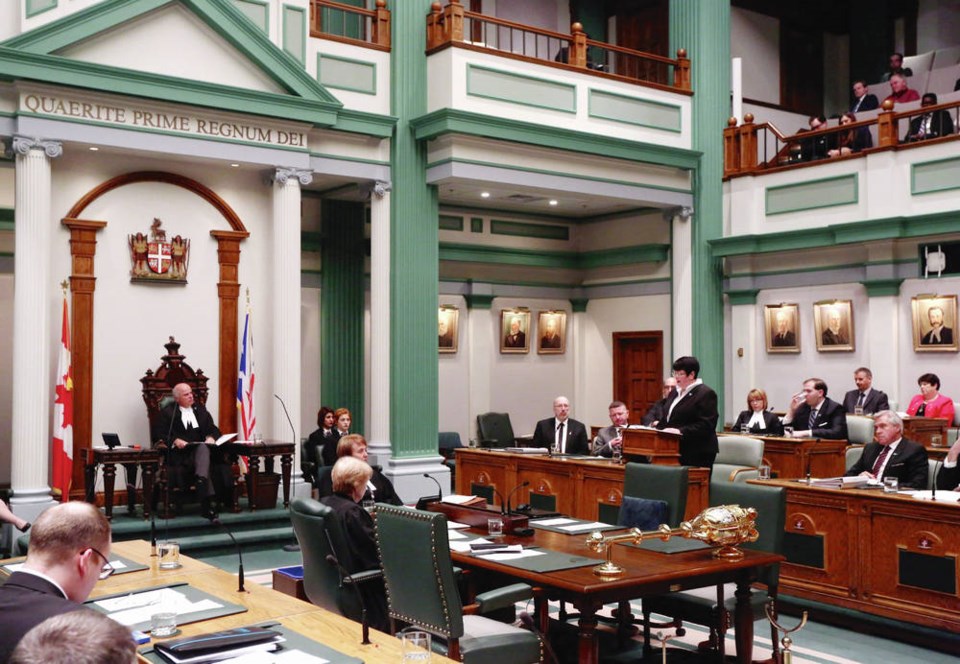Newfoundland’s economic recovery team has released a shattering report that should be read by every government in Canada, federal and provincial.
Called “the Big Reset,” the report calls for six years of deep cuts in government spending, along with tax increases, necessitated by the province’s “perilous” debt and deficit position.
Per capita, Newfoundland has the highest public debt total in the country, though not by much. The other Atlantic provinces are close behind, as are, to some extent, Ontario, Quebec and the federal government.
Here are the recommended spending cuts: A 25 per cent reduction in grants to health authorities; a 30 per cent cut in funding to Memorial University and the College of the North Atlantic; unspecified rollbacks in public-service salaries; and overall a cut of five per cent in total government spending.
And after that? Far-reaching privatization of non-essential services.
This program involves, self-evidently, a complete reconception of the role and scope of government.
Some of it is down to years of fiscal profligacy. For instance, on a per capita basis, Newfoundland spends more on health services than any province in Canada, yet gets some of the worst patient outcomes.
But some of it is also the cost of providing for a small population dispersed over wide areas. It used to be a joke in healthcare circles that “Saskatchewan” is the Cree word for “too many small hospitals.” Newfoundland has that problem in spades.
Let’s look more closely at the debt and deficit numbers. And here I have to say Newfoundland’s budget documents bear no relation to any established accounting system I’ve ever met. A drunken parrot could come up with something more intelligible.
Nevertheless, as best I understand it, the province spends about $8 billion per year and is looking at a deficit in the region of perhaps $1.8 billion. Total taxpayer-supported debt stands at $15 billion.
Yet bad as that is, it’s not so much worse than Ottawa’s performance, where the federal government ran up a $360-billion deficit last year, with red ink all the way to the horizon.
For that matter, B.C.’s performance isn’t vastly better. Our deficit this year is 14 per cent of the spending total. Newfoundland’s is 22 per cent — not a huge difference.
Our taxpayer-supported debt is projected to reach 134 per cent of spending by 2023. Newfoundland’s is currently 190 per cent — definitely more challenging, but not from a different planet.
True, our economy is more robust, meaning we can sustain debt and deficit levels more comfortably.
I doubt a Big Reset of the size and scope facing Newfoundland will be needed in B.C. Nevertheless, if our government continues to live far beyond its means, again with no end of deficits in sight, some kind of reset will be required.
Could Vancouver Island Health Authority take a 25 per cent cut in spending? I ran a health authority once upon a time. The answer is no.
Could it take even a 10 per cent cut? Same answer. No.
But somewhere down the road, and likely sooner than later, those are the kind of consequences we’ll have to deal with if our politicians remain in La La Land.
